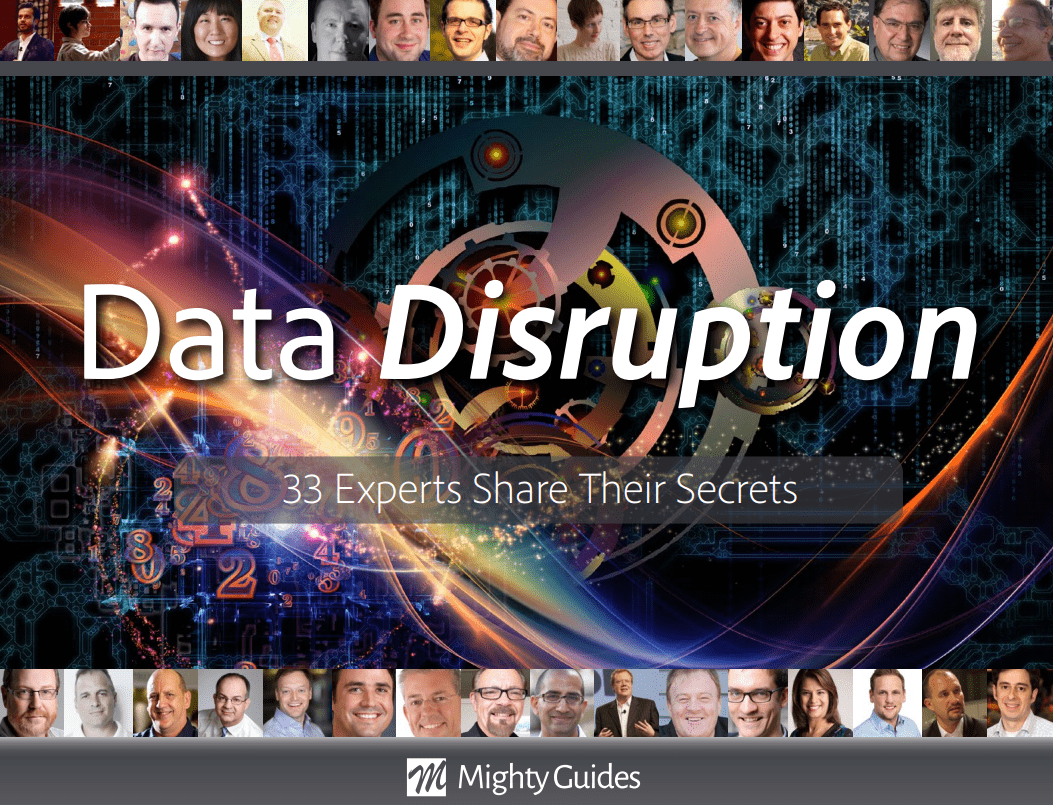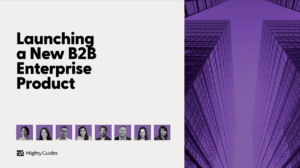
Kirk Borne, Professor, COS. Photo by Creative Services/George Mason University
Disruption Is Part Of Advancement
- SUPERFAST DATA PROCESSING, SPECIFICALLY IN THE FORM OF DEEP LEARNING, IS GOING TO ALLOW ORGANIZATIONS TO TAP INTO IMPLICIT DATA, NOT JUST EXPLICIT DATA.
- BEFORE ORGANIZATIONS CAN TAKE ADVANTAGE OF SUPERFAST DATA PROCESSING, THEY MUST LEARN TO RELINQUISH CONTROL OVER DATA STORES TO SHARE ACROSS THE ORGANIZATION AND POSSIBLY ACROSS OTHER ORGANIZATIONS, AS WELL.
“You want fast data collection and storage with superfast processing so that you can get immediate benefit from the data you are analyzing.”
In the field of analytics, one of the latest and greatest algorithms people talk about is one called deep learning. Deep learning is computing that allows you basically to discover implicit data, such as what is in an image, without first providing an example. A few years ago, facial recognition was a hot technology. You could feed this algorithm an image, and it would perform facial recognition to identify that image, whether it was a person or an object, a picture or a video. That was explicit data discovery.



